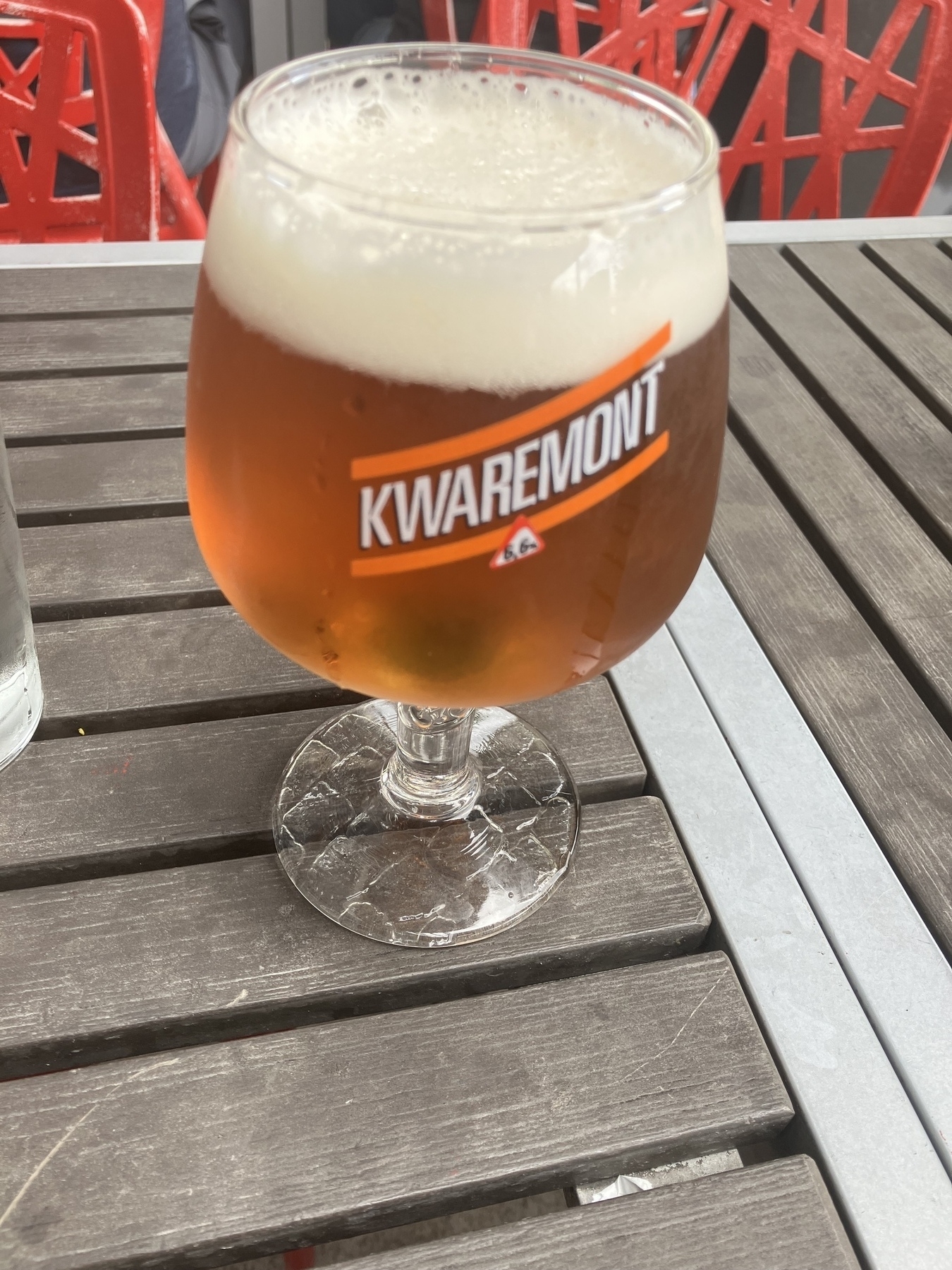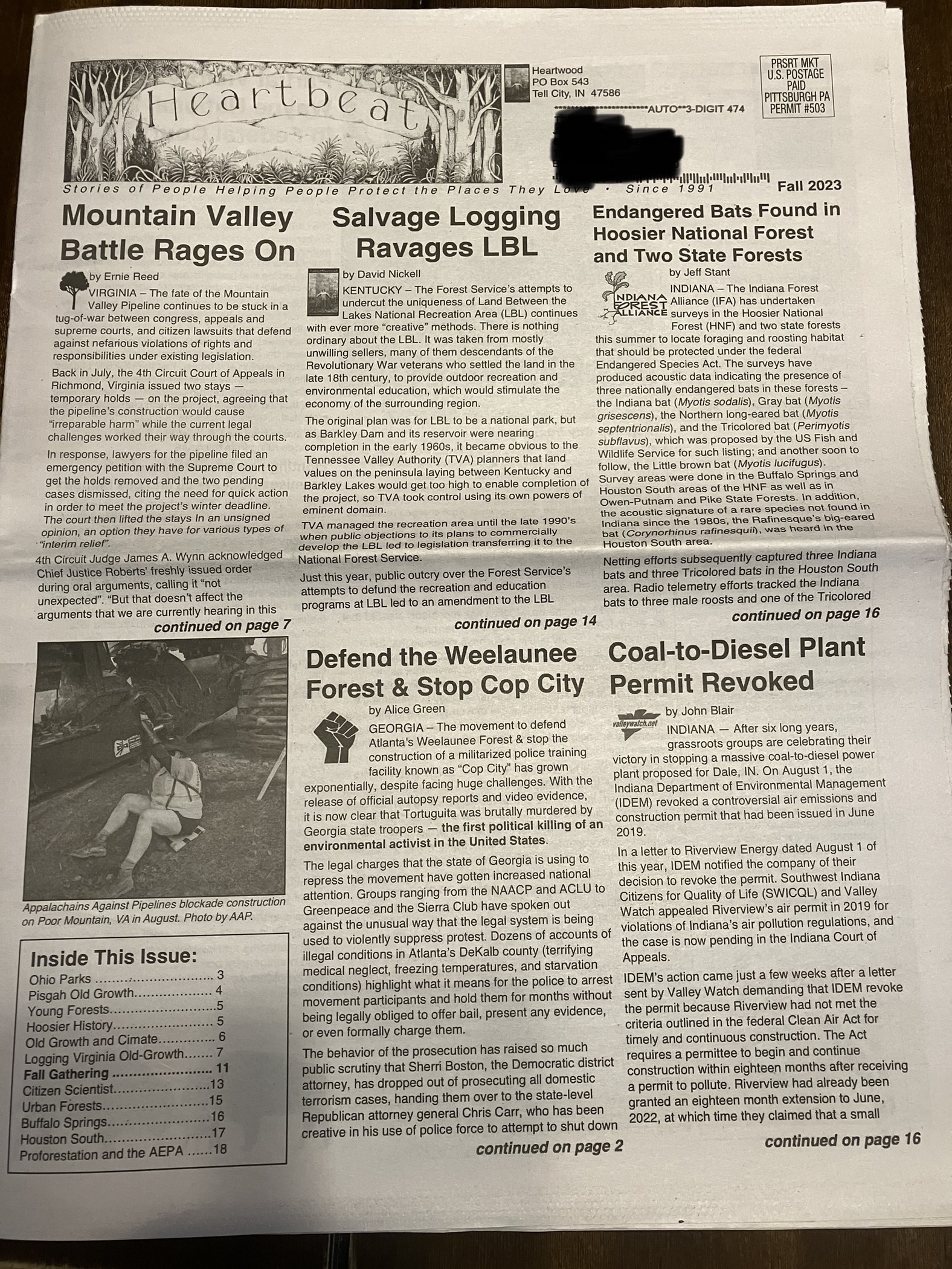I saw that today’s photo challenge word was “cycle” just as I settled in here at Taste of Belgium in Cincinnati for a Kwaremont, a beer designed for pro cycling fans. Named after one of cycling’s most famous hills, it has the same ABV as the hill’s average gradient.

